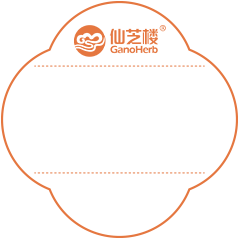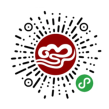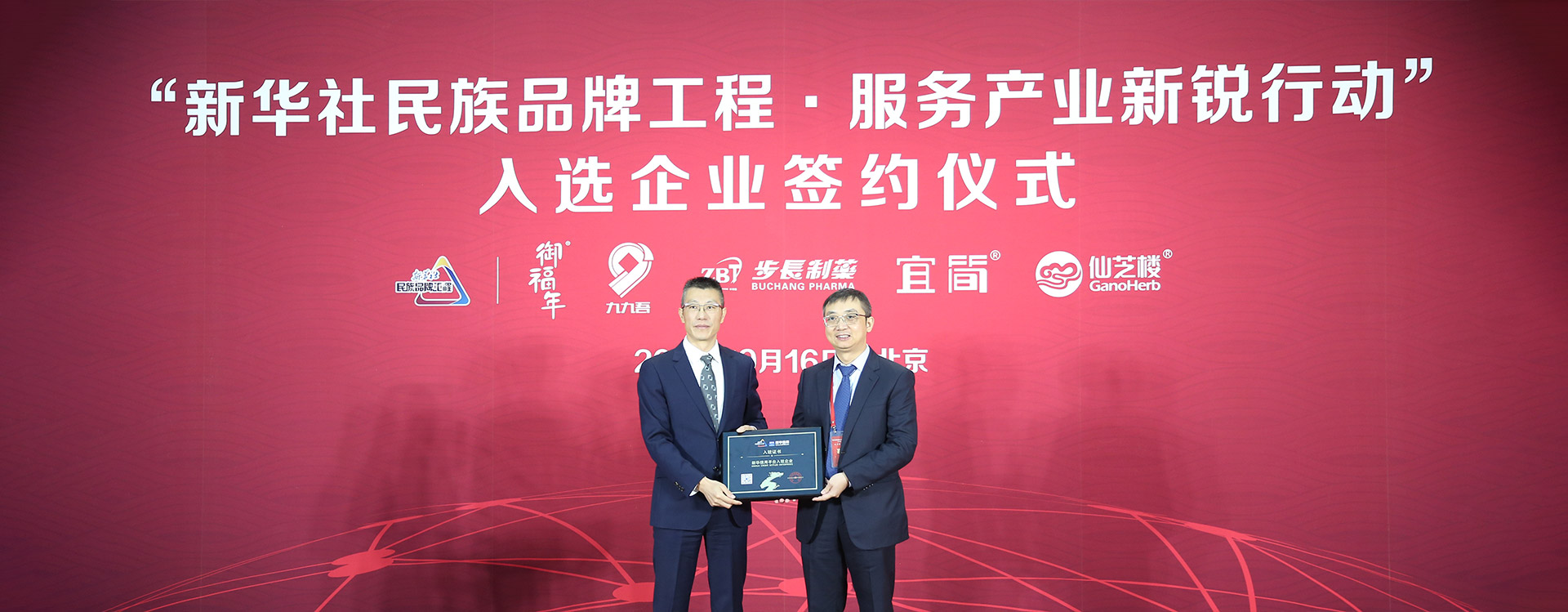Lingzhi may improve drug-induced nephrotoxicity
- Categories:Media Center
- Time of issue:2021-05-21 17:45
- Views:
Lingzhi may improve drug-induced nephrotoxicity
- Categories:Media Center
- Time of issue:2021-05-21 17:45
- Views:

In mid-2020, the research teams of Delta University for Science & Technology and Ain Shams University in Egypt joined in publishing reports in "Drug Design, Development and Therapy" and "Oxidative Medicine and Cellular Longevity" proving that Ganoderma lucidum (also called Lingzhi or Reishi mushroom) can greatly reduce liver and kidney injury caused by cisplatin through the triple effects of anti-oxidation, anti-inflammation and anti-apoptosis.
Following the "Part 1 Ganoderma lucidum protects the liver vs. cisplatin hepatotoxicity" of the previous article, the author will introduce how much Ganoderma lucidum's kidney-protecting effect can resist the nephrotoxicity caused by cisplatin in this article in the hope that the data and evidence based on science will bring more confidence to friends who seek to reduce the side effects of chemotherapy.
Part 2 Ganoderma lucidum protects the kidney vs. Cisplatin nephrotoxicity
Like the animal experiment on "Ganoderma lucidum protects the liver vs. Cisplatin hepatotoxicity", healthy rats are divided into 6 groups for a 10-day experiment on " Ganoderma lucidum protects the kidney vs. Cisplatin nephrotoxicity":
◆Control Group (Cont): the group that does not receive any treatment;
◆Ganoderma lucidum Group (GL): the group that are not injected with cisplatin but eats Ganoderma lucidum every day;
◆Cisplatin Group (CP): the group that is only injected with cisplatin but does not eat Ganoderma lucidum;
◆Everyday Group (Daily): the group that is injected with cisplatin and eats Ganoderma Lucidum every day;
◆Every Other Day Group (EOD): the group that is injected with cisplatin and eats Ganoderma Lucidum every other day;
◆Intraperitoneal Group (i.p): the group that is injected cisplatin and receives intraperitoneal injection of Ganoderma lucidum.
All those who received cisplatin were injected intraperitoneally with 12 mg/kg of Cisplatin on the third day of the experiment to trigger acute kidney injury; those who received the intraperitoneal injection of Ganoderma lucidum were injected once on the second and sixth days of the experiment. For the groups that ate Ganoderma lucidum, whether they ate it every day or every other day, it was calculated from the first day of the experiment.
In other words, in this experimental design, all groups receiving cisplatin and Ganoderma lucidum were given Ganoderma lucidum before the cisplatin injection. This is slightly different from the animal experiment on "Ganoderma lucidum protects the liver vs. Cisplatin hepatotoxicity" in which cisplatin was given on the first day of the experiment (Cisplatin and Ganoderma lucidum are used together from the beginning, or cisplatin was given first and then Ganoderma lucidum).
The Ganoderma lucidum material used in this experiment is the same as the Ganoderma lucidum material used in the animal experiment on "Ganoderma lucidum protects the liver vs. Cisplatin hepatotoxicity". They all contain triterpenes, sterols, polysaccharides, polyphenols and flavonoids. The dose of Ganoderma lucidum given, whether orally or by injection, is 500 mg/kg per day.
(1) Ganoderma lucidum reduces kidney tissue injury
After the 10-day experiment, blood was drawn to detect the creatinine and blood urea nitrogen content of rats in each group. The results found that cisplatin increased these two indexes sharply, which means that the kidney tissue was seriously injured; if Ganoderma lucidum is used at the same time, the increase of these two indicators will be much reduced, especially eating Ganoderma lucidum every day produces a more obvious protective effect (Fig. 1).

Fig. 1 Effects of Cisplatin and Ganoderma lucidum on Kidney Injury Index
The same results were also reflected in the stained sections of kidney tissues of rats in each group (Fig. 2). When cisplatin causes renal congestion, renal tubule dilatation, and necrosis, shedding, or vacuolar degeneration of renal tubular epithelial cells in rats (there are various arrows indicating injury on the stained section figure), the kidney tissues of the rats of the Everyday Group (Daily) suffered the least injury (there is no arrow representing injuries on the stained section figure).
Since cisplatin accumulates in the epithelial cells of the renal tubules in large quantities, the injury of the renal tubules naturally becomes the main observation target. It can be clearly seen from the quantified degree of renal tubular injury that Ganoderma lucidum can significantly reduce the renal tubular injury caused by cisplatin. In particular, eating Ganoderma lucidum every day produces the most significant protective effect.

T refers to renal tubules while G refers to glomeruli on the figures of tissue sections; the arrow points to renal congestion, tubular dilatation, necrosis, shedding, or vacuolar degeneration of renal tubule epithelial cells due to renal tissue injury.

Fig. 2 Effects of Cisplatin and Ganoderma lucidum on kidney tissue
(2) Ganoderma lucidum enhances the anti-oxidative and anti-inflammatory ability of kidney tissue
The damage of cisplatin to kidney tissue is involved in oxidative injury and inflammatory injury. From the oxidation index (H2O2), antioxidant index (SOD), and inflammation index (HMGB-1) measured in the kidney tissues of rats in each group, it can be known that the oxidative injury and inflammatory injury caused by cisplatin can be reduced by the combined use of Ganoderma lucidum (Fig. 3).

Fig. 3 Effects of cisplatin and Ganoderma lucidum on the oxidation and inflammation indexes of kidney tissue
(3) Ganoderma lucidum enhances the anti-apoptotic ability of kidney cells
Regardless of whether cisplatin causes kidney cell death through oxidative injury or inflammatory injury, the death mode of kidney cells is "apoptosis."
In fact, apoptosis is the body's normal mechanism to eliminate aging or abnormal cells in order to maintain the quality of life. Therefore, normal tissues and organs can detect apoptotic cells at any time. However, when a large number of cells undergo apoptosis due to external factors, the normal operation of tissues and organs will be affected.
Fig. 4 shows the apoptosis status of rat kidney tissues in each group. The darker the staining color, the greater the number of apoptosis. Obviously, cisplatin can cause a large number of renal cell apoptosis, but the renal cells protected by Ganoderma lucidum have good resistance to apoptosis caused by cisplatin. When the number of dead kidney cells decreases, the degree of kidney injury is reduced, and kidney function is less affected.


Fig. 4 Effects of cisplatin and Ganoderma lucidum on renal cell apoptosis
Only by protecting the liver and kidneys can there be the hope of defeating cancer.
Chemotherapy is the most common and necessary means to treat cancer, but the "double-edged" characteristic of chemotherapy that kills cancer cells and damages normal cells is unbearable for all patients.
Perhaps a strong will can withstand nausea, vomiting, diarrhea, dry mouth, oral ulcers and other discomforts, but the liver and kidneys that metabolize drugs cannot be protected by a strong will.
Once there is no well-functioning liver and kidneys, no matter how thorough the elimination of cancer cells is, it is useless.
The articles, "Lingzhi may ameliorate drug-induced hepatotoxicity" and “Lingzhi may improve drug-induced nephrotoxicity”, through animal experiments, once again answered the reasons why cancer patients receiving adjuvant chemotherapy with Lingzhi are not easily defeated by the toxicity of chemotherapy drugs.
It is hoped that these scientific evidences can convince more patients that they can eat Ganoderma lucidum before, during and after chemotherapy, and they should eat it every day. If they eat enough Ganoderma lucidum every day, the toxicity of chemotherapy to the liver and kidneys can be mostly resolved by Ganoderma lucidum in the first time.
[Data Source]
1. Yasmen F Mahran, et al. Ganoderma lucidum Prevents Cisplatin-Induced Nephrotoxicity through Inhibition of Epidermal Growth Factor Receptor Signaling and Autophagy-Mediated Apoptosis. Oxid Med Cell Longev. 2020. doi: 10.1155/2020/4932587.
2. Hanan M Hassan, et al. Suppression of Cisplatin-Induced Hepatic Injury in Rats Through Alarmin High-Mobility Group Box-1 Pathway by Ganoderma lucidum: Theoretical and Experimental Study. Drug Des Devel Ther. 2020; 14: 2335–2353.
END

★This article is published under the exclusive authorization of the author, and the ownership belongs to GanoHerb.
★Do not reprint, excerpt or use the above works in other ways without the authorization of GanoHerb.
★If the work has been authorized to use, it should be used within the scope of authorization, and the source should be indicated: GanoHerb.
★GanoHerb will investigate and affix the relevant legal responsibilities of those who violate the above statements.
★ The original text of this article was written in Chinese by Wu Tingyao and translated into English by Alfred Liu. If there is any discrepancy between the translation (English) and the original (Chinese), the original Chinese shall prevail. If readers have any questions, please contact the original author, Ms. Wu Tingyao.


Search
GanoHerb Group
Headquarters Address: Building 9, Phase 1, Innovation Park, Haixi Park, Fuzhou High-tech Zone, Fuzhou City, Fujian Province, China
Healthline:400-8899-773 Hotline:18105908051
COPYRIGHT © GanoHerb Group 闽ICP备05002116号-10 Powered by:300.cn

官方公众号

Wechat Mall

Tmall

Jingdong Mall


